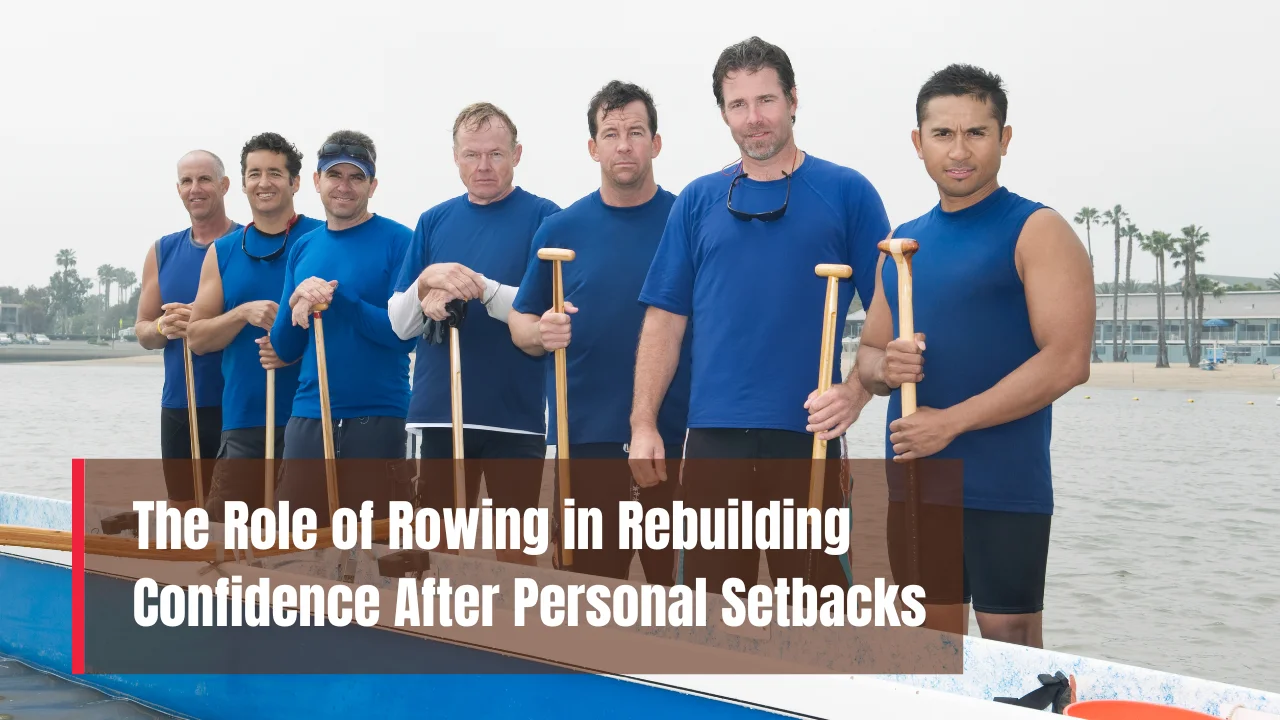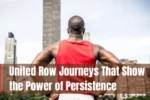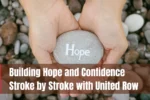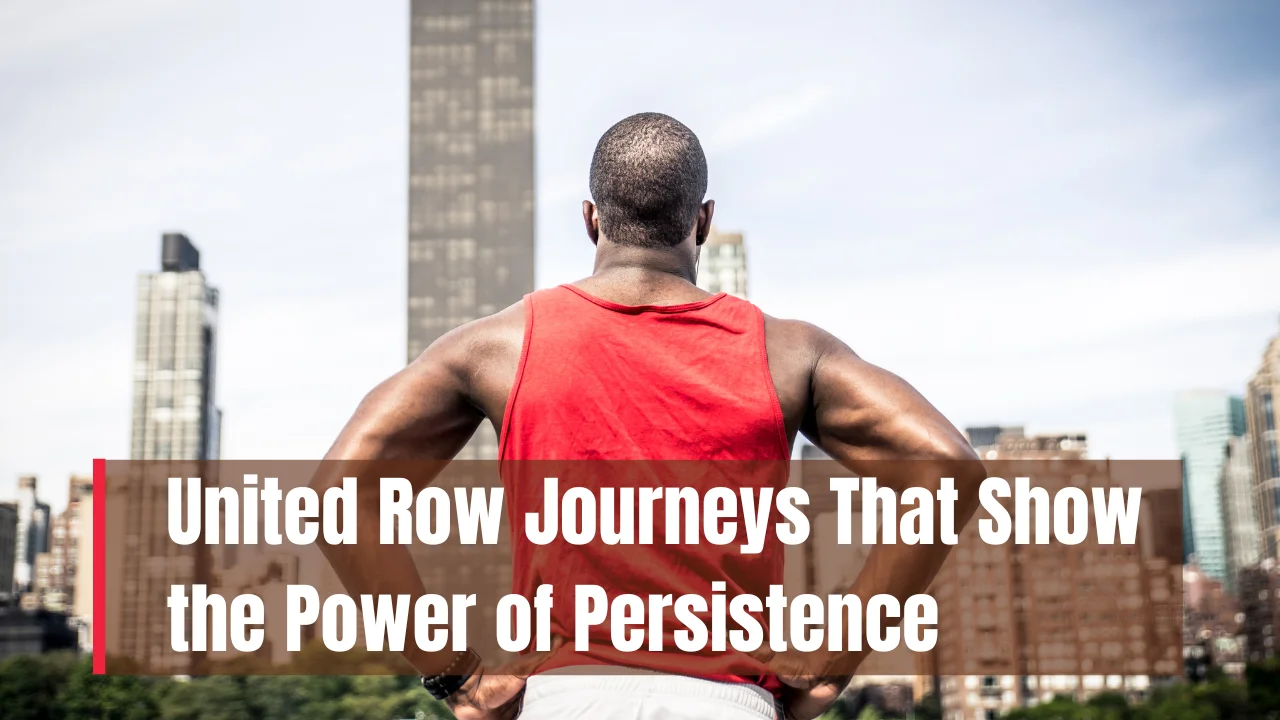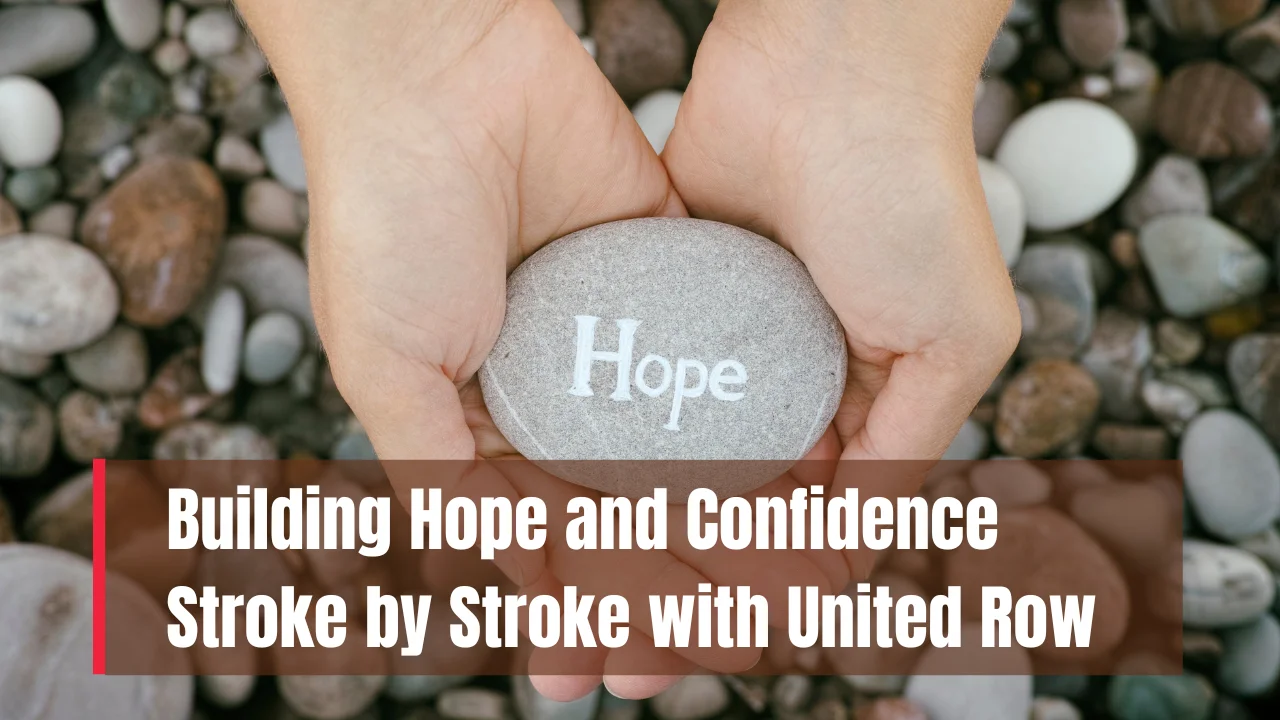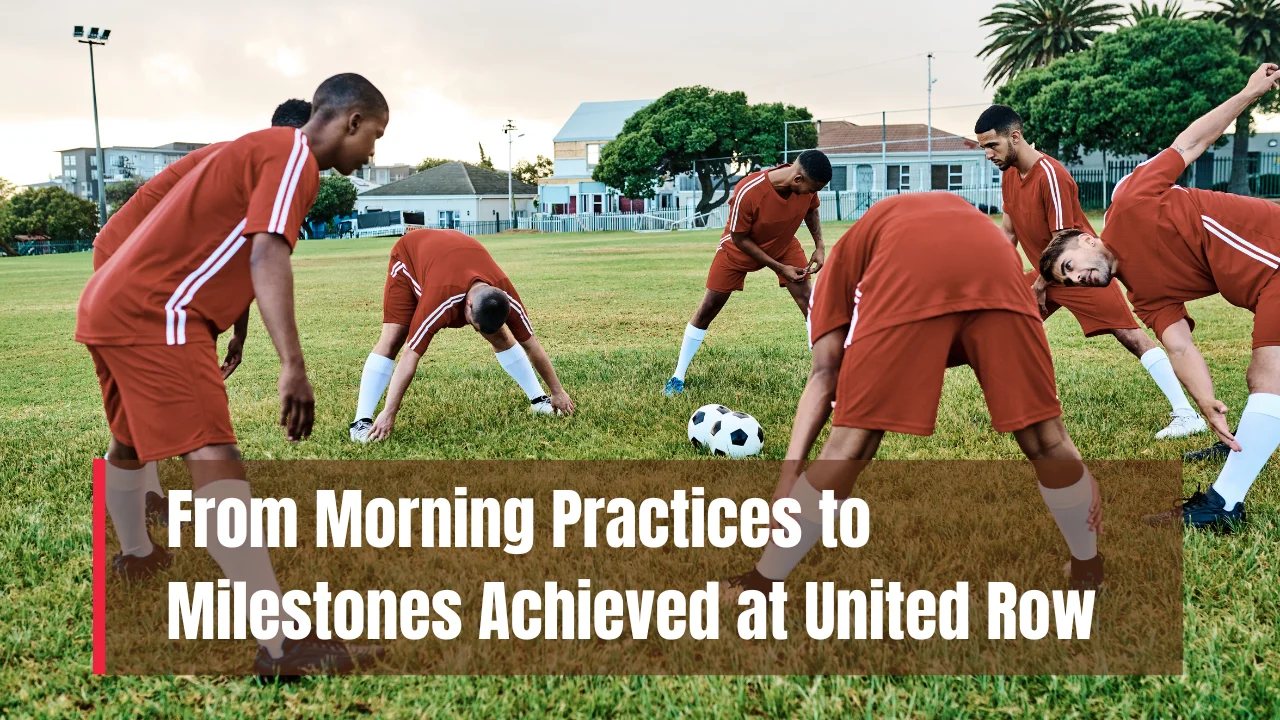Rowing and the Power of Rebuilding Confidence: Rowing isn’t just a sport for athletes or fitness lovers—it’s a silent coach that helps individuals rebuild their lives after experiencing personal setbacks. Life has a way of testing us through unexpected events: job loss, heartbreak, illness, or mental burnout. In those moments, we often search for something to ground us, something that makes us feel capable again. That’s where rowing comes in. It offers a structured path back to strength—both physically and mentally.
In this article, we’ll explore how rowing can help you restore your sense of self after life knocks you down. We’ll look at its impact on confidence, mental clarity, routine, and resilience. This guide will also cover how to get started, the role of community in your healing process, and how even small progress can lead to major personal transformation.
Rowing and the Power of Rebuilding Confidence
The beauty of rowing lies in its rhythm and resistance—it mirrors life in many ways. Each stroke is a chance to let go of doubt and reclaim strength. What makes rowing unique in the journey of rebuilding confidence is how naturally it aligns physical motion with mental renewal. Whether you’re on water or using an indoor rowing machine, the consistent effort fosters mental focus, goal setting, and emotional healing. For those recovering from setbacks, this low-impact yet intense activity acts as both an anchor and a reset button.
Overview Table: How Rowing Supports Emotional and Mental Recovery
| Aspect | How Rowing Helps |
| Confidence Boost | Visible physical progress restores belief in oneself |
| Mental Clarity | Rhythmic motion reduces stress and anxiety |
| Discipline and Focus | Encourages consistency and a sense of routine |
| Emotional Healing | Provides space for self-reflection and emotional balance |
| Physical Recovery | Low-impact, full-body workout suitable for all fitness levels |
| Goal Setting | Short and long-term goals build purpose and direction |
| Social Connection | Clubs and teams provide support and encouragement |
| Inner Peace | Acts as moving meditation, calming the mind |
Why Rowing Is a Confidence Booster
There’s something deeply empowering about mastering your own momentum. Rowing builds confidence not only through physical strength but also by reminding you of your control over your own body and choices. After a setback, we often feel powerless. But when you show up consistently and feel your technique and endurance improving, confidence follows naturally.
The resistance of water or the rowing machine mirrors the emotional weight we carry after setbacks. Learning how to push through that resistance, stroke after stroke, creates a direct connection between your physical and emotional resilience. It’s not about speed or comparison—it’s about showing up and moving forward, one pull at a time.
Physical Strength Reflects Mental Strength
One of the most remarkable aspects of rowing is how clearly it demonstrates progress. As your arms, legs, and core get stronger, so does your mindset. You’re no longer just recovering—you’re building. This act of rebuilding your body sends a powerful message to your brain: you’re capable of transformation.
For people overcoming emotional pain or physical weakness, rowing brings visible results. Your posture improves, your energy returns, and with that comes pride. Strength becomes more than a fitness goal; it becomes symbolic of your inner growth. The connection between muscle development and emotional healing is direct and deeply motivating.
The Healing Power of Routine
When life throws you off balance, having a routine is like having a compass. Rowing offers a clear, structured practice that can anchor your day. Whether you commit to a few minutes in the morning or an hour in the evening, this routine becomes your personal space for healing and self-work.
Routine also gives a sense of purpose, which is often lost during periods of grief or recovery. Even when motivation is low, sticking to a rowing schedule teaches discipline. That discipline translates into other areas of life—work, relationships, and personal development.
Mindfulness in Motion
Unlike high-intensity workouts that flood you with noise and distraction, rowing pulls you into the present moment. Every stroke requires coordination, breathing, and rhythm. This immersive focus turns the activity into a moving form of mindfulness. It’s an escape from overthinking and a tool for staying grounded.
Being mindful during exercise increases the emotional benefits. You don’t just feel physically tired—you feel emotionally lighter. Many people report that their best ideas or emotional breakthroughs come during these quiet, repetitive rowing sessions. That mental stillness is a rare and powerful gift in today’s chaotic world.
Social Support and Community
While rowing can be a solo journey, it also opens the door to meaningful social connection. Whether it’s joining a rowing club, taking a group class, or participating in online challenges, the rowing community offers encouragement and understanding.
This social side is especially valuable when rebuilding confidence. Shared goals, team rhythm, and casual conversations on the dock or gym floor create a sense of belonging. You’re not just rowing; you’re connecting. That emotional support, even in small doses, helps reduce loneliness and renews your faith in human connection.
Progress You Can See and Feel
Few activities offer as immediate and trackable feedback as rowing. From your split times to distance rowed, improvements are clear. That measurable progress reinforces the feeling that you’re capable of moving forward—literally and figuratively.
Even small wins, like shaving 10 seconds off a personal record or rowing for five minutes longer than before, build momentum. And each of these small steps contributes to long-term confidence. You see growth, you feel stronger, and you believe more in yourself.
Key Benefits of Rowing for Confidence Building
- Improves physical health: Increases muscle tone, cardiovascular strength, and endurance without high-impact strain.
- Enhances emotional resilience: Encourages patience, persistence, and the ability to manage discomfort over time.
Simple Ways to Start Rowing
- Join a local rowing club: Ideal for beginners looking for structured learning and community.
- Use indoor rowing machines: Great for solo practice at home or in the gym.
- Create small goals: Start with time-based goals and build up to distance or performance targets.
- Pair with journaling: Write reflections after each session to track emotional progress.
Final Thoughts
Life has its way of knocking us off course, but the rhythm of rowing can steer us back. Through consistency, mindfulness, and measurable progress, this simple yet powerful activity helps rebuild what setbacks have taken away: confidence, clarity, and control. Whether you’re new to fitness or returning after a long break, rowing meets you where you are—and helps you rise from there.
It’s not about perfection or competition. It’s about rediscovering your own strength, one stroke at a time. So if you’re feeling stuck, lost, or unsure of your next move, step into a boat or onto a machine, and start rowing your way back to yourself.
Leave a comment below with your rowing story or share how fitness helped you bounce back from a tough time. Explore more content to support your personal recovery journey.
FAQs
Is rowing effective for emotional recovery?
Yes, rowing supports mental well-being by combining physical activity with mindfulness, helping reduce anxiety and increase self-belief.
How soon can I see results from rowing?
With regular practice, physical and mental benefits often appear within a few weeks. Progress may vary depending on consistency.
Can beginners start rowing without experience?
Absolutely. Rowing is beginner-friendly and can be done at your own pace, whether on water or a machine.
Is rowing good for people recovering from injuries?
Yes, it’s low-impact and joint-friendly, making it suitable for physical rehab under proper guidance.
What’s the best way to stay motivated with rowing?
Set small, realistic goals and track your progress. Joining a community or using an app can also keep you accountable and inspired.
